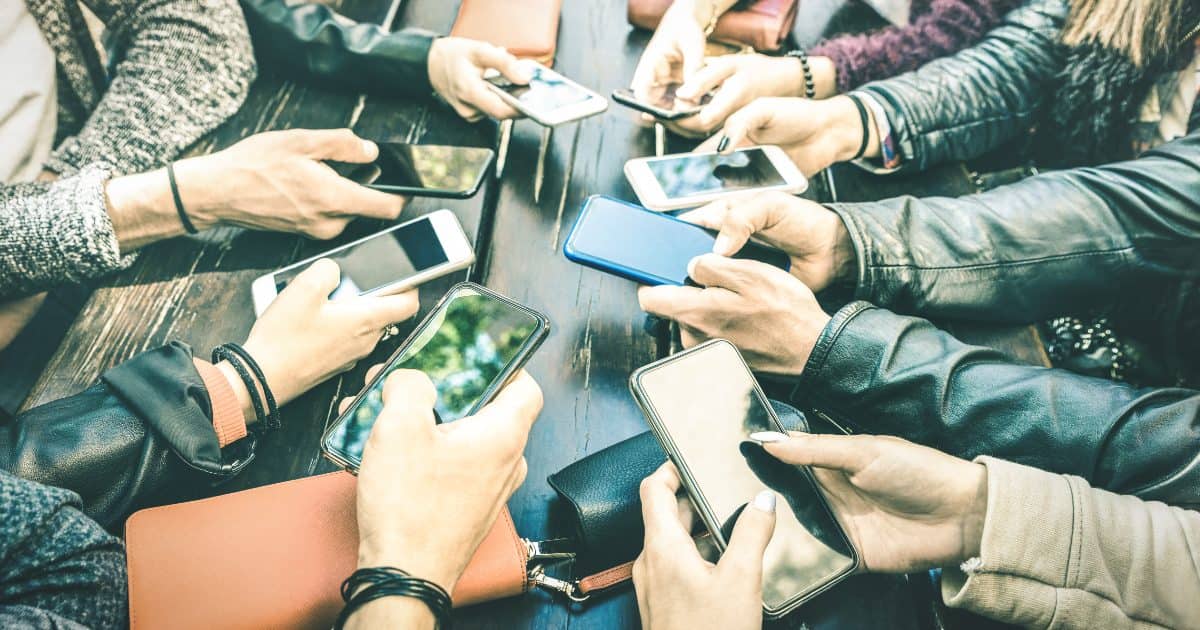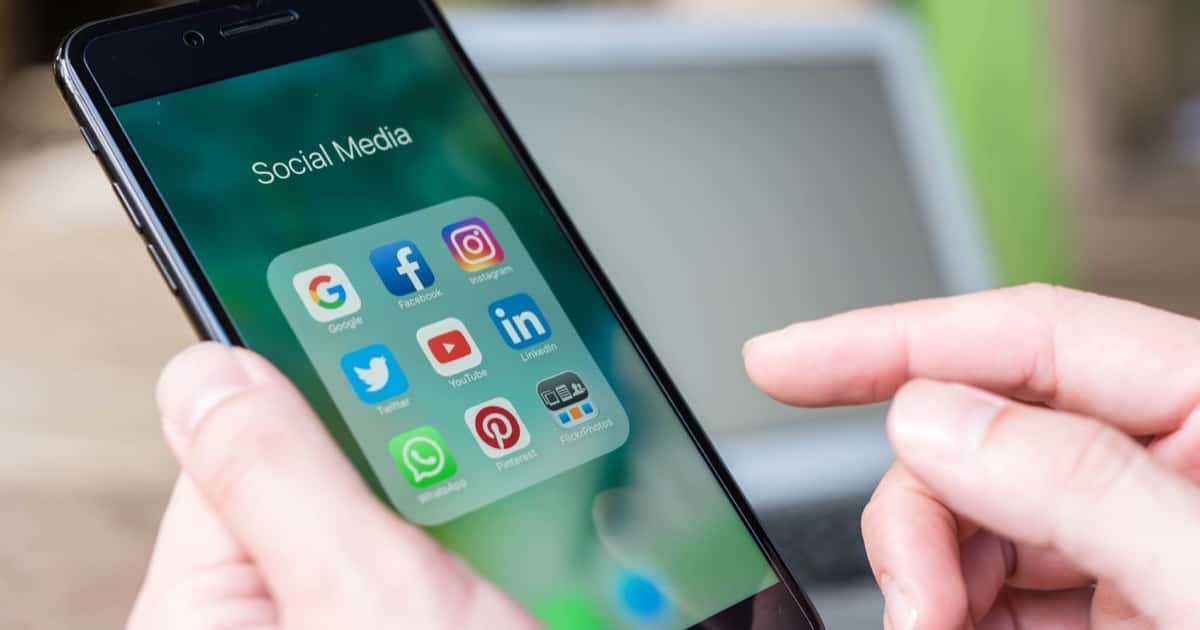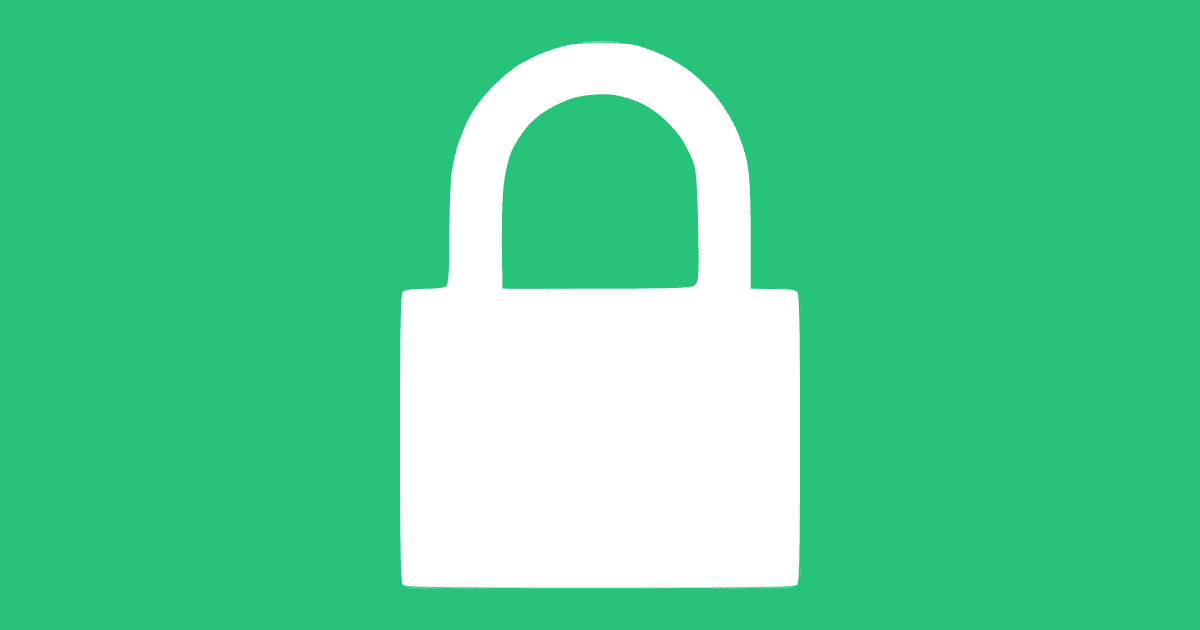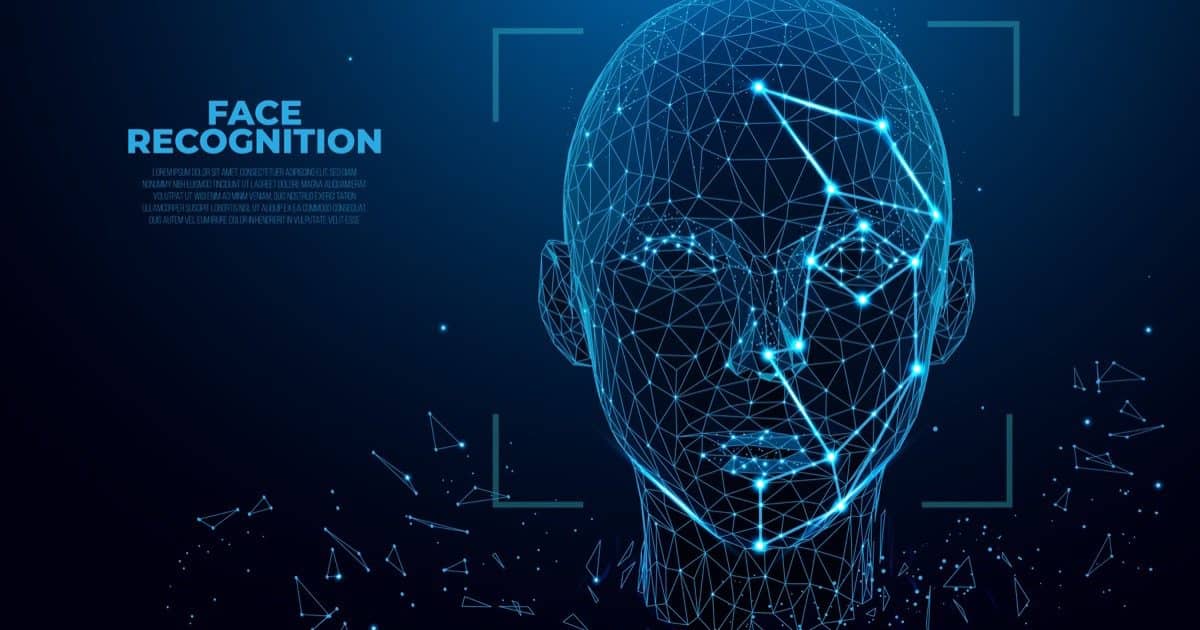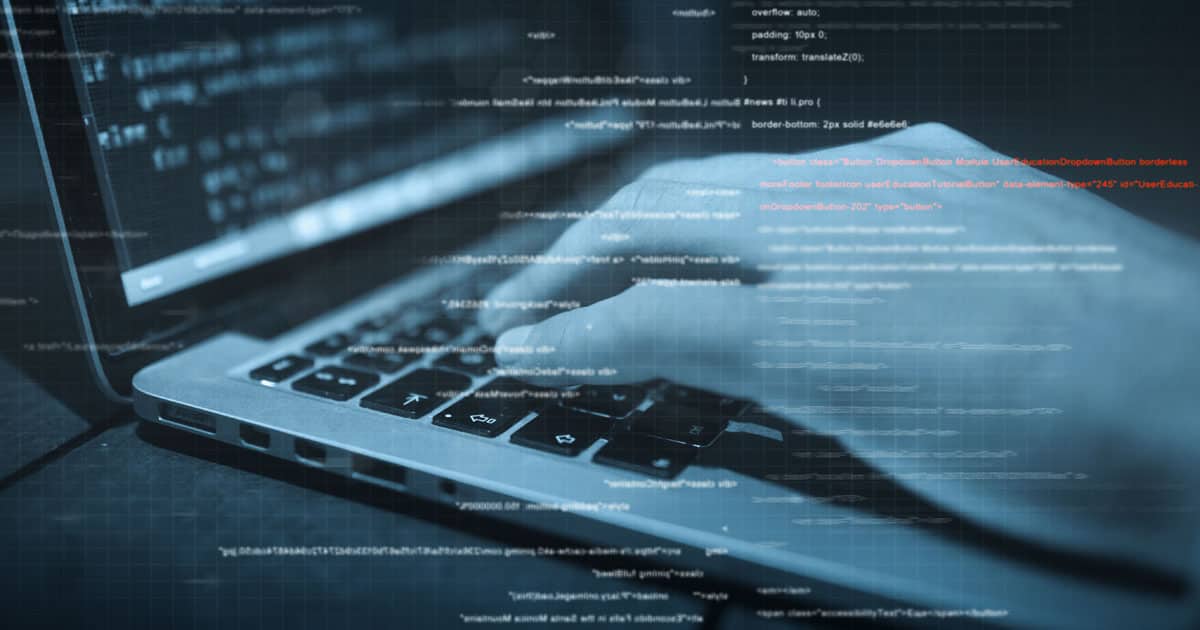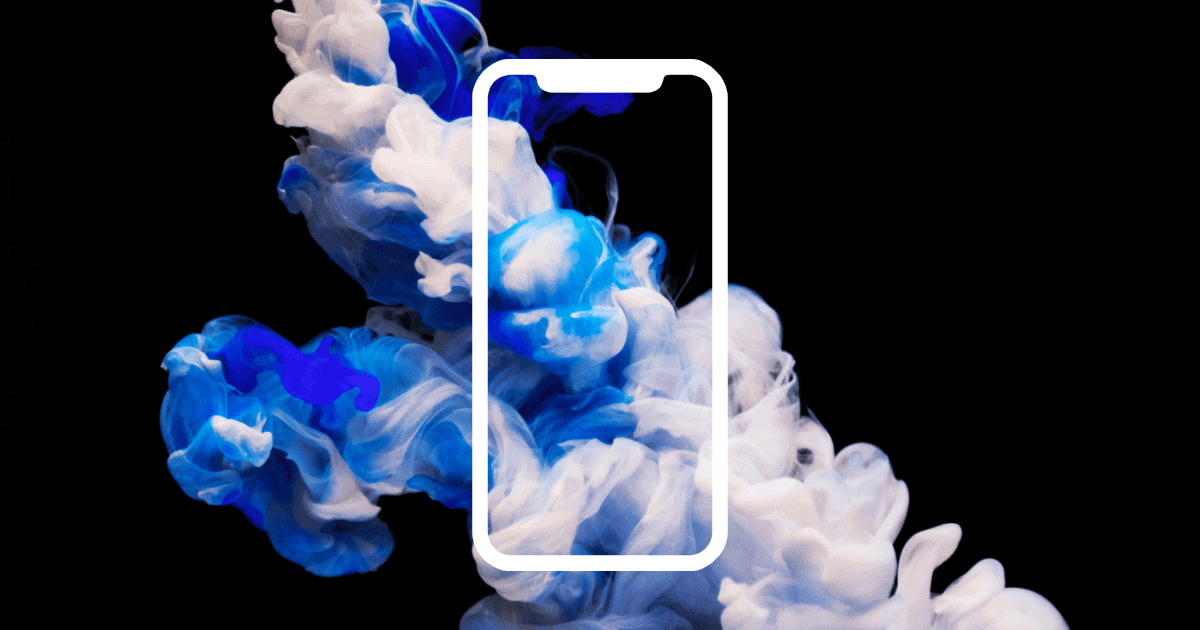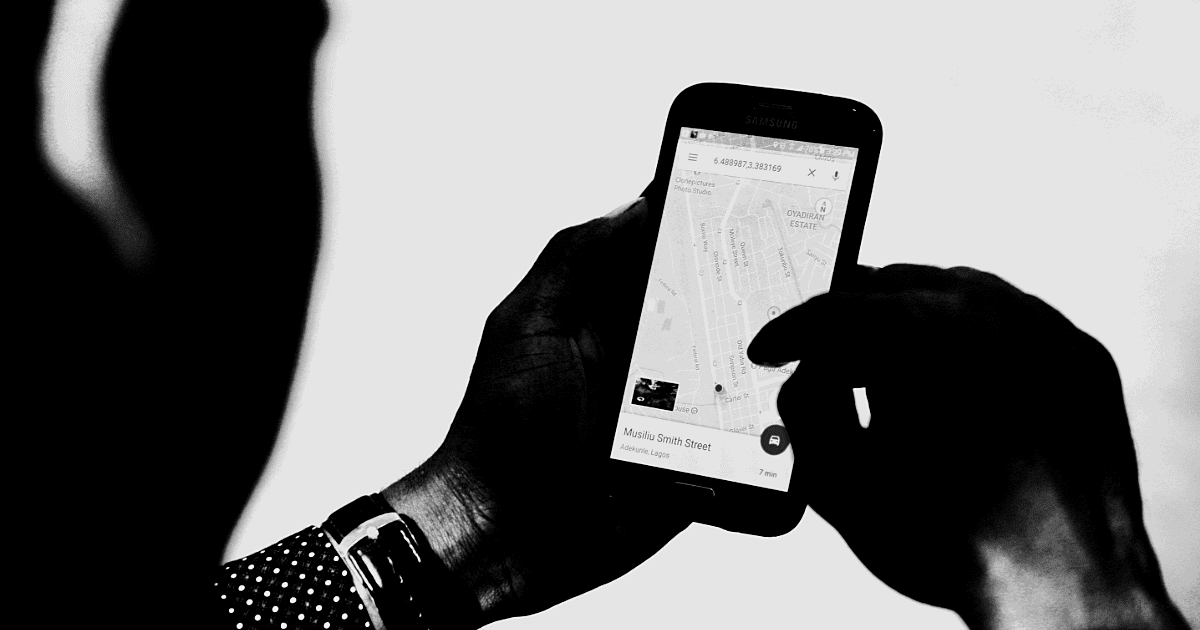Reporters at The California Sunday Magazine recently published an overview of facial recognition technology. It’s a long read and it provides a lot of information on this technology and how it works. Among the tidbits that caught my eye I wanted to share this one:
Why has the use of facial recognition become such a hot-button issue now? The most obvious answer is that the technology has been improved, streamlined, and commercialized to the point that it has become widely accessible, available for purchase for as low as 40 cents an image if you opt for Amazon’s facial-recognition software plan.






